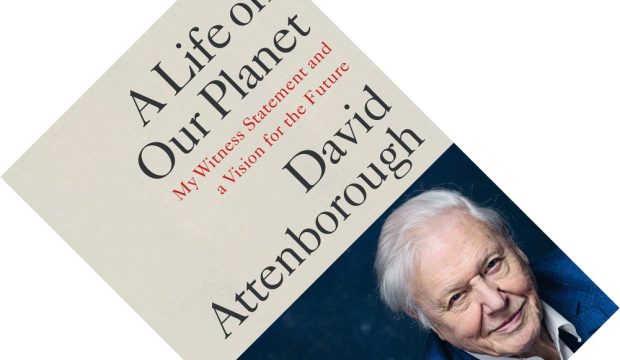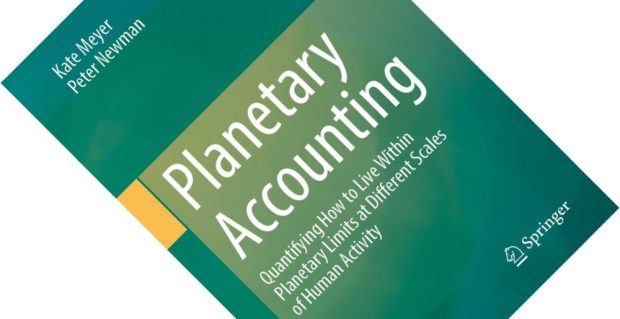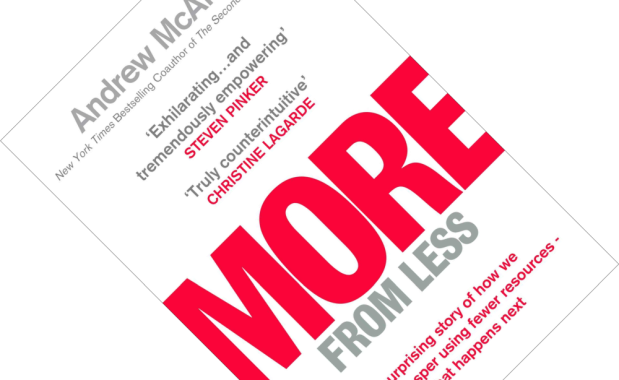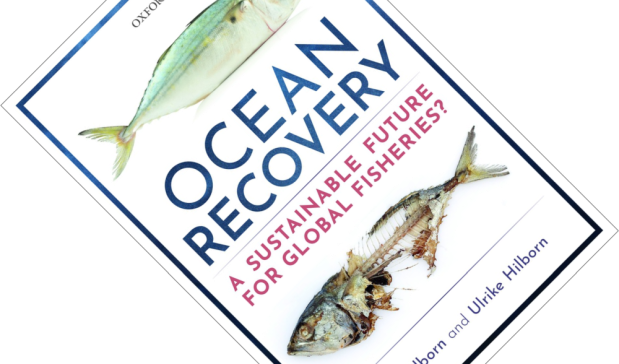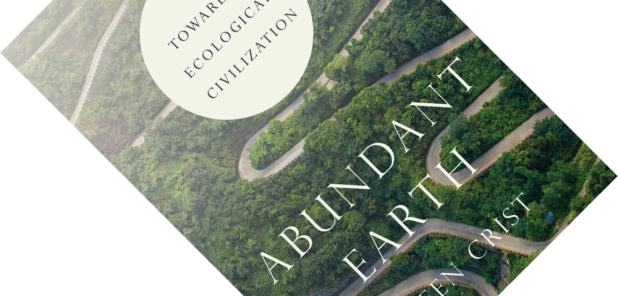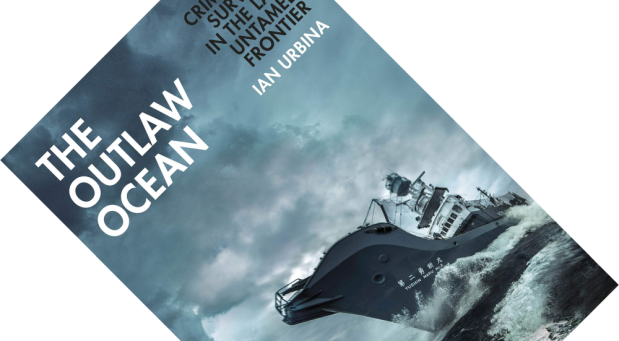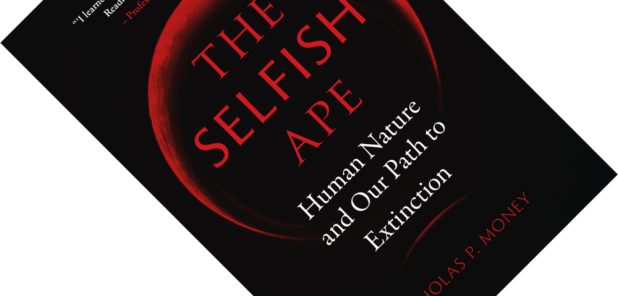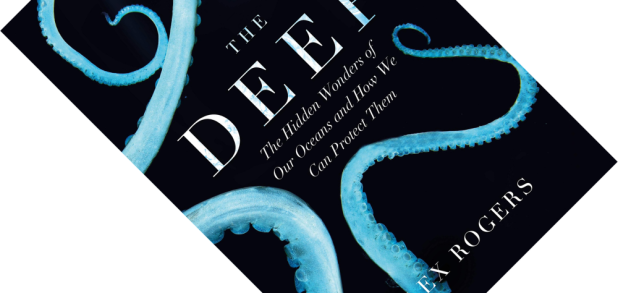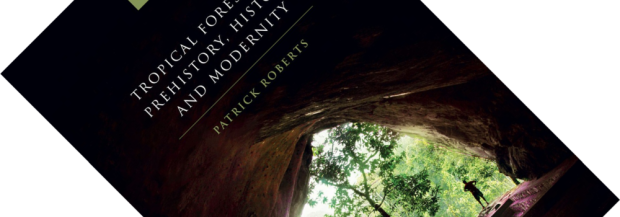8-minute read
The legendary British broadcaster and natural historian Sir David Attenborough needs almost no introduction. Since his first appearance on our television screens in 1954, he has gone on to a long and distinguished career presenting and narrating groundbreaking nature documentaries. And he shows no sign of slowing down. His voice and style have become so iconic that he has been dubbed the voice of nature. Over the years, he has increasingly expressed concern over the state of the natural world, and in A Life on Our Planet Attenborough fully engages with this topic. However, when you turn to the title page you will notice the name of a co-author, Jonnie Hughes, who directed the Netflix documentary tied in with this book. As Attenborough explains in his acknowledgements, Hughes has been particularly instrumental in the writing of the third part of the book, together with substantial assistance from the Science Team at WWF. This is Attenborough’s witness statement, yes, but whose vision of the future is it?

